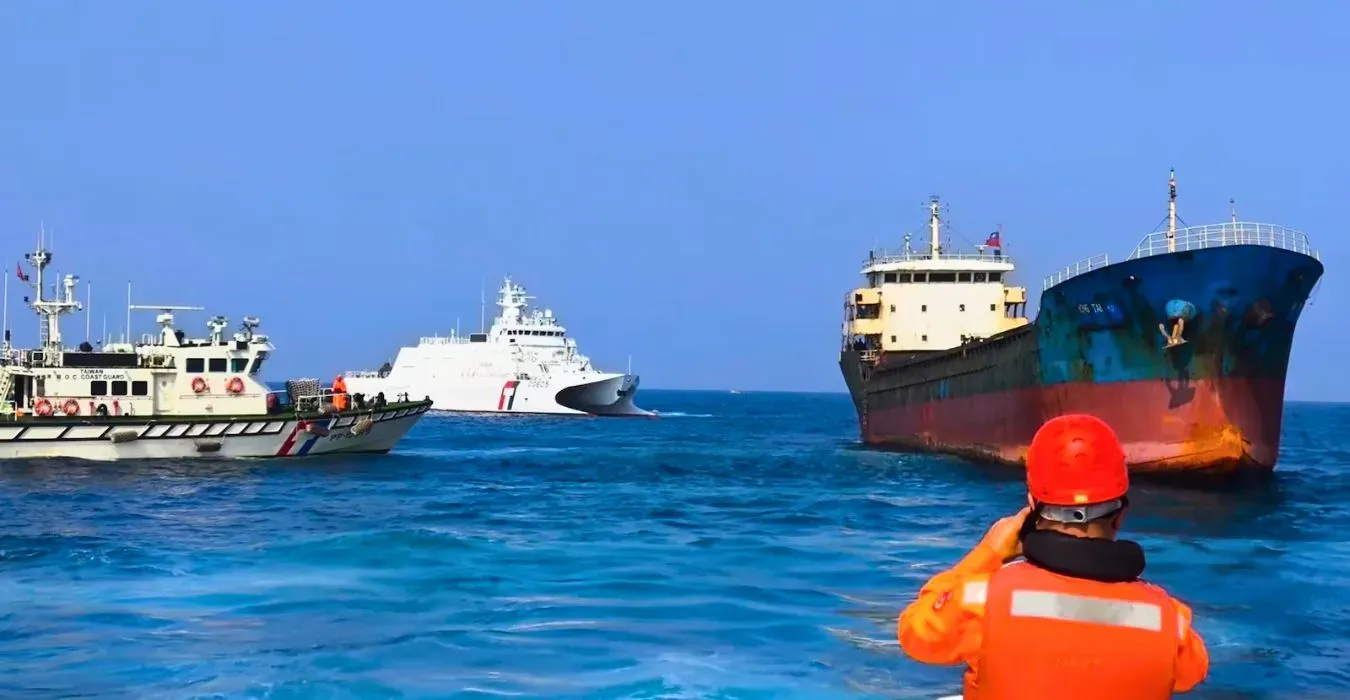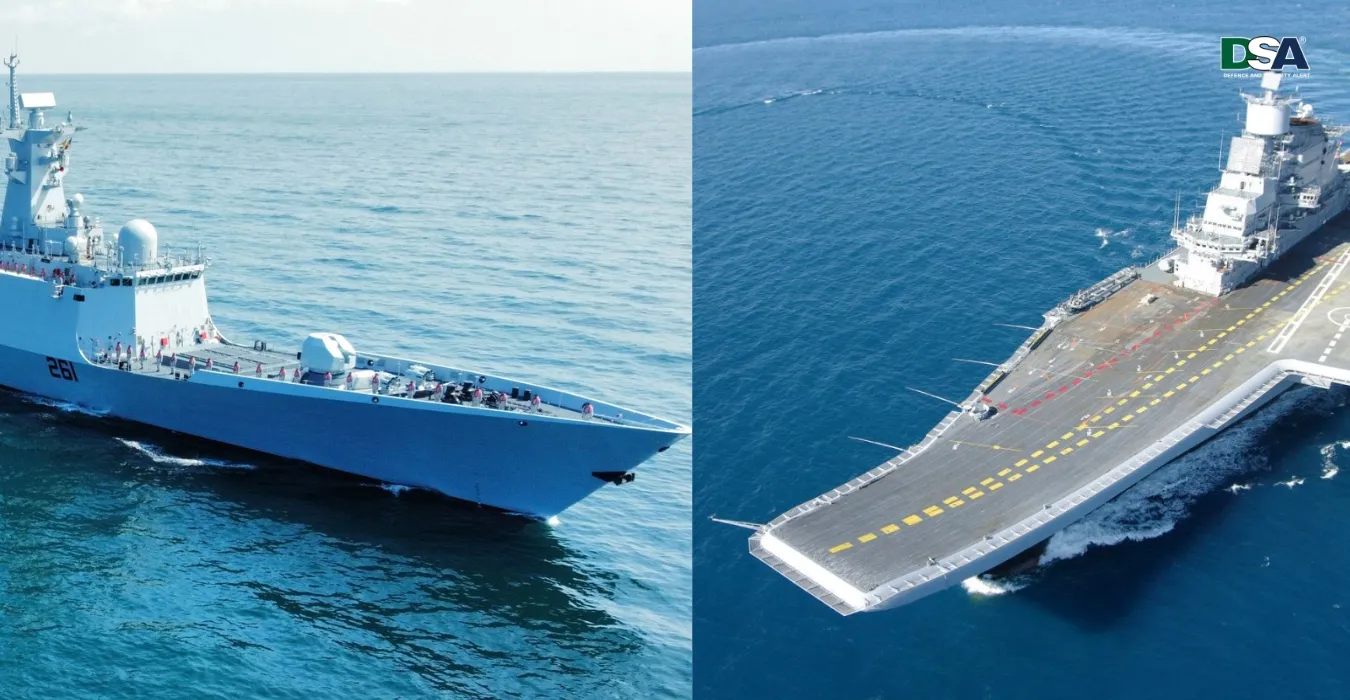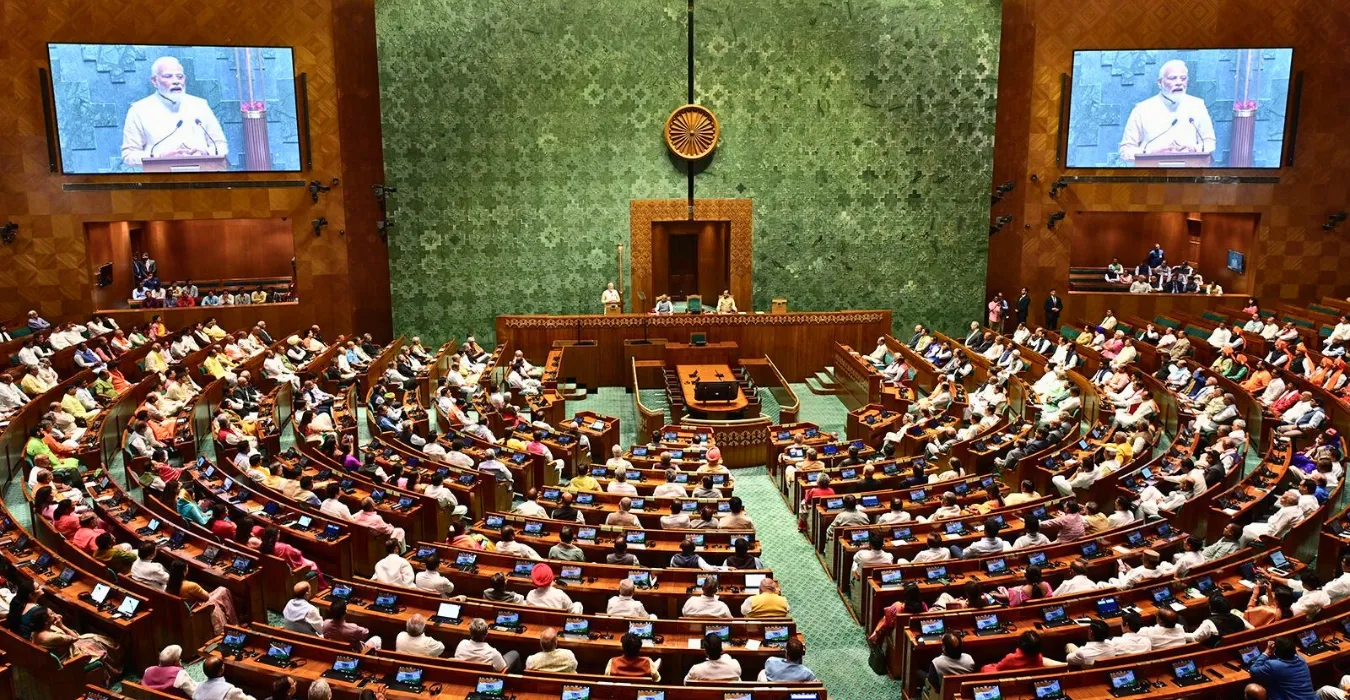DSA Correspondent
Taiwan Detains Chinese-Crewed Ship Suspected of Severing Undersea Cable Amid Rising Tensions
Taiwanese authorities have detained a cargo ship with an all-Chinese crew after it was caught allegedly cutting a critical undersea communications cable near the Penghu Islands, raising fresh concerns over deliberate sabotage in the Taiwan Strait. The incident, which occurred early on February 25, has intensified suspicions of "grey zone" tactics by Beijing aimed at pressuring Taiwan, a self-governing island China claims as its own.
The Togo-flagged vessel, identified as the Hongtai, was intercepted by Taiwan’s Coast Guard after telecommunications giant Chunghwa Telecom reported damage to the Taiwan-Penghu No. 3 undersea cable, located approximately 6 nautical miles northwest of Jiangjun Fishing Harbor. The cable, vital for connecting Taiwan’s main island to the Penghu archipelago, was severed at around 3 a.m., prompting an immediate response from coast guard vessels. After the ship began moving northwest, it was escorted to Anping Port, where its eight Chinese crew members were detained for investigation.
Taiwanese officials are treating the case with heightened scrutiny, citing "national security-level principles" due to the strategic importance of undersea cables, which carry the bulk of the island’s internet and communication traffic. While communications to Penghu were swiftly rerouted to a backup cable, avoiding disruptions, the incident has reignited fears of vulnerabilities in Taiwan’s digital infrastructure.
Source: AFP
“This is not an isolated event,” a senior coast guard official said during a press briefing, pointing to a pattern of suspicious activity involving Chinese-linked vessels. In January, Taiwan identified 52 ships flying "flags of convenience" from countries like Togo, Mongolia and Cameroon as part of a so-called "shadow fleet" potentially tied to China. These vessels, often accused of loitering near critical infrastructure, have been under close watch following similar incidents in recent years.
The detention comes on the heels of earlier cable cuts that disrupted connectivity to Taiwan’s Matsu Islands, located just 10 nautical miles off China’s coast. In February 2023, two fiber-optic cables serving Matsu were severed within days of each other by Chinese merchant ships, leaving residents without internet for weeks. While Taiwanese authorities stopped short of proving intent then, the recurrence of such events has fuelled speculation of deliberate interference. Earlier this year, another cable northeast of Taiwan was damaged by a China-linked ship, prompting the navy to bolster efforts to safeguard these lifelines.
Beijing, however, has dismissed Taiwan’s accusations as premature. China’s foreign ministry accused Taipei of "manipulating" the narrative before a full investigation, urging restraint until the facts are established. The statement reflects China’s broader stance that Taiwan exaggerates incidents to cast Beijing in a negative light amid ongoing cross-strait tensions.
Analysts see the cable-cutting as part of a broader "grey zone" strategy—actions designed to harass and test Taiwan’s defences without escalating to open conflict. “These incidents exploit the ambiguity of intent,” said Dr. Lin Wei, a security expert at National Chengchi University. “It’s nearly impossible to prove sabotage conclusively, which gives China plausible deniability while sending a clear message.”
For Taiwan, the stakes are high. Undersea cables are not just conduits for data—they are economic and strategic arteries. With global attention on the Taiwan Strait, where military drills and diplomatic spats have become routine, disruptions to these cables could signal a new front in the island’s struggle for resilience.
The Hongtai remains in custody as investigators examine its equipment, logs and crew statements. Taiwanese authorities have vowed a thorough probe, with potential charges ranging from violating maritime regulations to intentional sabotage. Meanwhile, the incident has sparked calls for stronger protections, including trenching existing cables or deploying advanced monitoring systems—measures that could prove costly but essential in an increasingly contested region.
As the investigation unfolds, the world watches closely. For now, Taiwan stands firm, its coast guard on high alert and its leaders determined to shield the island’s connectivity from threats lurking beneath the waves.

-min.webp)
-min.webp)


.webp)






 9958382999
9958382999
